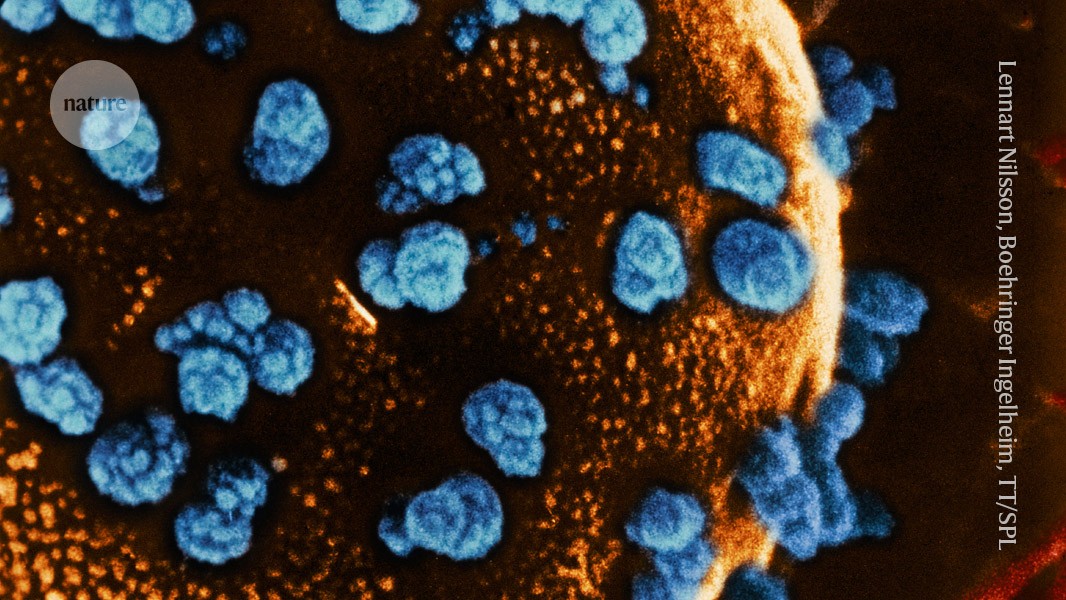Well, yes, that’s the dream - engineered beta cells that are native to your own body so won’t be rejected
🙂 I’ve had Type 1 30 years and stem cells were mentioned very early on. If it could be done (non-‘foreign’ stem cells), they’d still need to be disguised or encapsulated to protect them from the auto-immune attack.
I had my antibodies tested around 25yrs after diagnosis, and I still have them - sitting there waiting to attack any new beta cells

Even without remaining antibodies (some people don’t have any after some years), the immune system itself remembers - just like it remembers viruses that it has previously attacked.
Other cure options are: retraining the immune system to not attack our beta cells (hard); encouraging any remaining beta cells to reproduce (tricky, and also they’d be targeted again, so there’d have to be some combination of cures; getting other pancreatic cells to produce insulin, eg the alpha cells in the pancreas, in the hope they’d be different enough not to be attacked by the immune system (but that would be hard because it might be the insulin itself that alerts the immune system).
I used to get excited by potential cures, but after all these years I’ve seen too many burn out in a flash and come to nothing. There will be a cure, but I’m saving my excitement for when it actually happens, and with no nasty side effects, just a nice, straight, simple cure. That will be a wonderful day
🙂
 www.nature.com
www.nature.com

